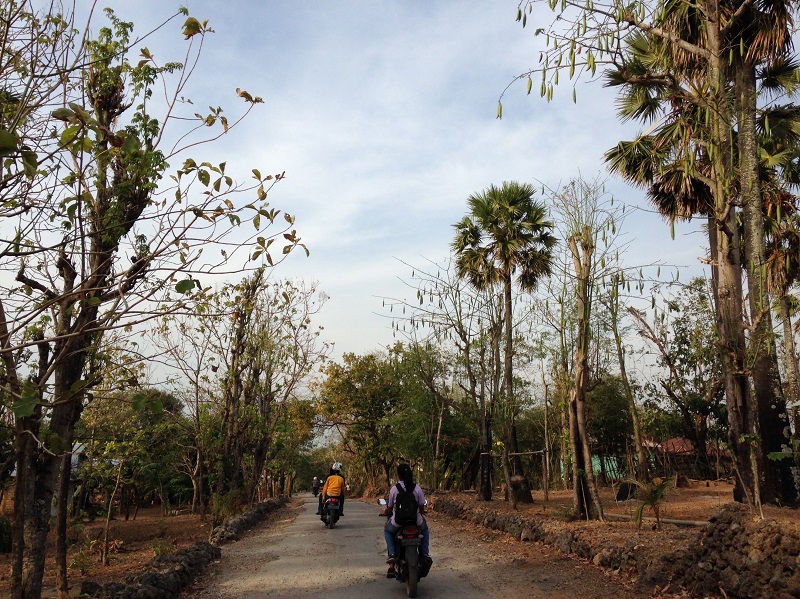Students have mixed feelings about a mandatory community service program at Indonesian universities
Students have mixed feelings about a mandatory community service program at Indonesian universities
Uncritical, apolitical and apathetic – so goes a recent description of Indonesian university students in the Jakarta Globe (14/04/17). The article reproaches universities for perpetuating student apathy and failing to encourage active community service, part of the three-fold mission of higher education – next to education and research – formulated under Indonesia’s founding president, Sukarno, in 1961. Since 1973, student engagement in community development has been cultivated through the community service program KKN (Kuliah Kerja Nyata or Student Service Learning). While KKN is mandatory at most universities, many feel the program no longer fulfils either of its objectives: fostering social engagement and meeting community needs. KKN has become a tokenistic gesture of devotion to the community with few real community benefits.
Some students in East Nusa Tenggara (NTT) who participated in the KKN program have expressed similar misgivings concerning its effectiveness. Still, few students consider the program to be useless. Far from that, some feel strongly that through KKN they are fulfilling a moral obligation to serve the community, and that they benefit personally from participating in the program.
Into the field
For two-month periods, university students in their seventh, eighth or ninth semesters scatter across villages and urban neighbourhoods, putting their classroom knowledge into practice. The main purpose of KKN is to serve and benefit the community through student-run community development programs. Students also gain personal and professional benefits from applying their theoretical knowledge to real life situations. Universities, in keeping with the third pillar of higher education, community service, try to bridge the often wide gap between the ivory tower of universities and the community.
During the program, groups of 10 to 20 students from different faculties work together, consult with local leaders and design and implement a series of community development activities to meet community needs. They might do gardening or painting for the neighbourhood office, fix local roads, make road signs to direct local residents and visitors to the neighbourhood office, make a gapura (gateway or entrance way) out of recycled materials for the local neighbourhood or village, or conduct a neighbourhood census. For students, a highlight of the group program is the chance to interact with students from other fields of study. Veterinary science student Agustina said, ‘I enjoyed the experience because we could meet other students from campus in other disciplines I hadn’t met before… now, after KKN I know them and I have new friends.’
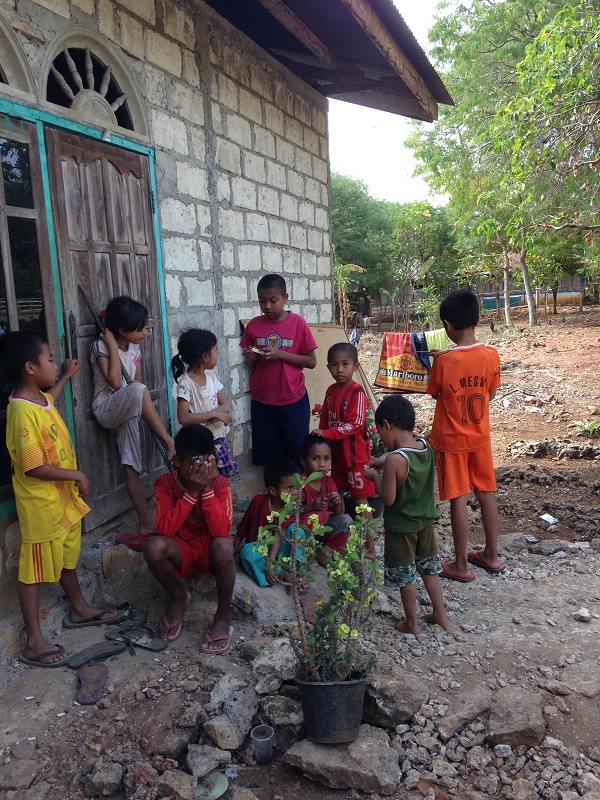 |
|
Local children at the students KKN headquarters, enjoying the attention and excitement of having university students in their neighbourhood (Scott Windred) |
Students also conduct individual projects directly relating to their field of study. For example, Jeni, a veterinary science student, ran animal husbandry courses and provided anti-worming medication and vitamins to local livestock owners. Public health student Joyo handed out pamphlets on health-related issues, taught the local primary school children about washing their hands with soap and worked at a local health clinic conducting medical checks for an infectious disease and leprosy. Students benefit too here, gaining experience in the field of their chosen profession. But, participating in KKN isn’t without its challenges.
Struggles in service
Students in the KKN program often face financial strain, funding irregularities, inadequate supervision and issues with community engagement. Financial strains include a Rp.50,000 (about A$5) administration fee, equivalent to five days of food and transportation costs for students already surviving on limited financial support from their families. Students also have to pool their money to purchase materials needed to implement their group projects. In addition, there can be unforeseen, more dubious expenses.
Jeni, for example, recalls how her group was forced to make a ‘donation’ to their university to build a fence on campus. Although they were in the middle of completing their community project and had already spent a considerable amount of money to cover costs, suddenly the campus community service body instructed them to invest in a ‘community project’ on campus. The students felt tricked, all the more since this wasn’t the first time they had seen KKN abused this way. ‘They have already done this twice in a row,’ said Jeni, ‘with the previous KKN and now with our KKN.’ The inference was that without this ‘donation’ the students’ grades could be affected, bringing to life another infamous KKN acronym in Indonesia – kolusi, korupsi, nepotisme (collusion, corruption, nepotism).
Some students were also frustrated by a lack of guidance from their field supervision lecturer. Some students complained that their supervisor never visited them, even when KKN sites were close to the university. Jeni’s supervisor told his students that documentation of their project was more important than what they had actually achieved, encouraging a ‘tick the box’ approach to community service. ‘Whether the students had actually completed the activities or not, he didn’t really care,’ said Jeni. ‘What mattered was the documentation in the form of photos.’ She was evidently frustrated at what she saw as multiple instances of blatant misconduct by the university and its staff.
On site, student experiences of community engagement were mixed. Rural communities were generally welcoming of the students, and enthusiastic about their programs. ‘In the village community if we want to teach them or invite them to meet and socialise with us, they are really enthusiastic,’ said Endah, an epidemiology and biostatistics student. ‘Even though their homes are far away from where we are and they have to walk, if they say they’ll come they will come.’ In contrast, students said their community service efforts were wasted in the urban kampongs where people were absent during the day, running small businesses or working elsewhere. As Endah put it, ‘It’s very difficult with the people in the city… they’re busy and rarely at home.’ Furthermore, some communities had hosted successive groups of KKN students over several years, leading to disinterest and ‘service saturation’. Students are seeking more strategic KKN placements, particularly in rural regions where they could engage most with the community, and where their knowledge and skills would be more useful.
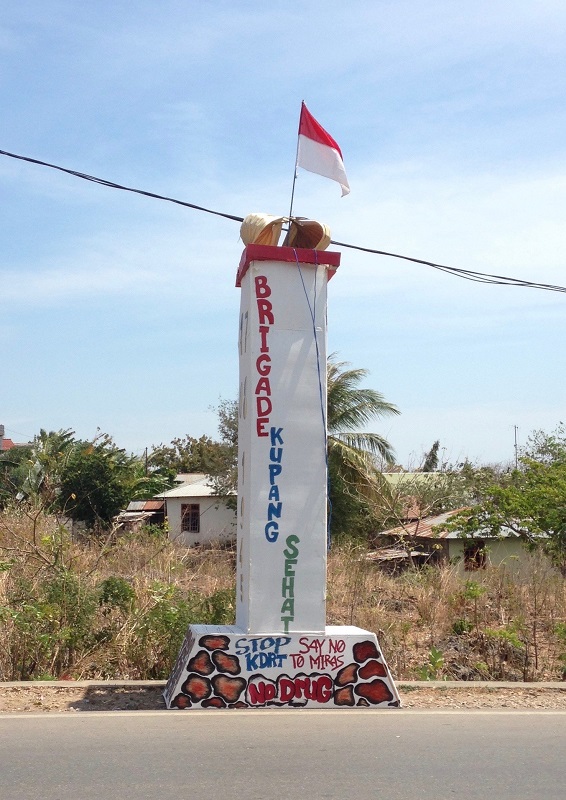 |
|
Gapura made by the students out of recycled materials, encouraging a healthy city. (Sarah Windred) |
Another challenge that students have faced is a lack of training in community development or engagement. Although students did view community service as important and felt it was their ‘responsibility as students’ to pass on their knowledge to others, they felt they had not been equipped with the necessary skills for this bottom-up approach to community development.
Nevertheless, despite their lack of training, some students gained an on the ground understanding of the bottom-up approach to community development through the communities they served. One student said, ‘The women here have taught us that they don’t care how clever you are, or how educated you are, how successful or rich you are – don’t be arrogant, share with the community, remember your humble origins. You don’t need to be a powerful person to serve people; [even] little people, people without much, farmers, and beggars can serve.’
Looking forward
Despite the challenges, students valued their KKN experience and developed an appreciation of the importance of engaging with the community and their peers. Nisrina, who was training to be an English teacher, says of KKN, ‘We’ve had to exercise self-belief, by talking in front of many people. So I feel like our confidence has increased.’
Jeni similarly valued her experience of village life. ‘If we do not become accustomed to seeing or feeling the situation in the village, this will impact our professional lives,’ she said. ‘KKN is important for giving students insight into what conditions are really like in NTT.’
Agustina valued the opportunity to collaborate with other students. ‘We learnt how to exchange ideas [and] we learnt from one another.’ KKN had fostered the development of interpersonal skills essential for their future working lives.
Some students genuinely believed they had helped the community through their project. Others felt KKN had been a wasted opportunity. Christian, an Administration student, said, ‘Before we began KKN I thought we would be placed in a community that needed us. But after I got there I felt that the knowledge I had wasn’t needed. It wasn’t needed by anybody.’ Some said that the benefits to communities, particularly in urban areas, were superficial at best. These feelings of discouragement were compounded by their lack of training in community engagement, which saw them enter the field with a largely top-down approach to community development. Without essential training, including the ability to recognise the value of local knowledge and capacity, KKN students are at risk of alienating the community members they seek to engage, and possibly doing more harm than good.
Conversely, the KKN program could achieve long-term sustainable benefits for students and communities nationwide with a different approach. It could train students to design community development strategies that do not privilege the ‘expert’ knowledge of university staff and students, but instead focus on the realities, needs and capacities of the local communities. Luckily, the current shortcomings of the program have not lessened students’ appreciation of the value or importance of serving the community. If the real needs of the community are not addressed, however, KKN is merely a rite of passage for students and a façade of community engagement for universities, rather than an effective vehicle for social transformation.
Sarah Windred (sarah.windred@research.usc.edu.au) is a PhD student studying at the University of the Sunshine Coast, Queensland.
Related articles from the archive
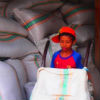 |
Apr 07, 2015 |
|
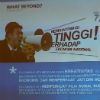 |
Apr 07, 2015 |
|
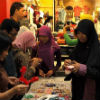 |
Jul 05, 2009 |

